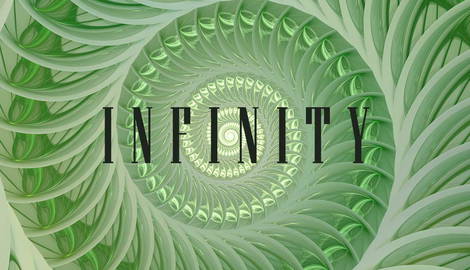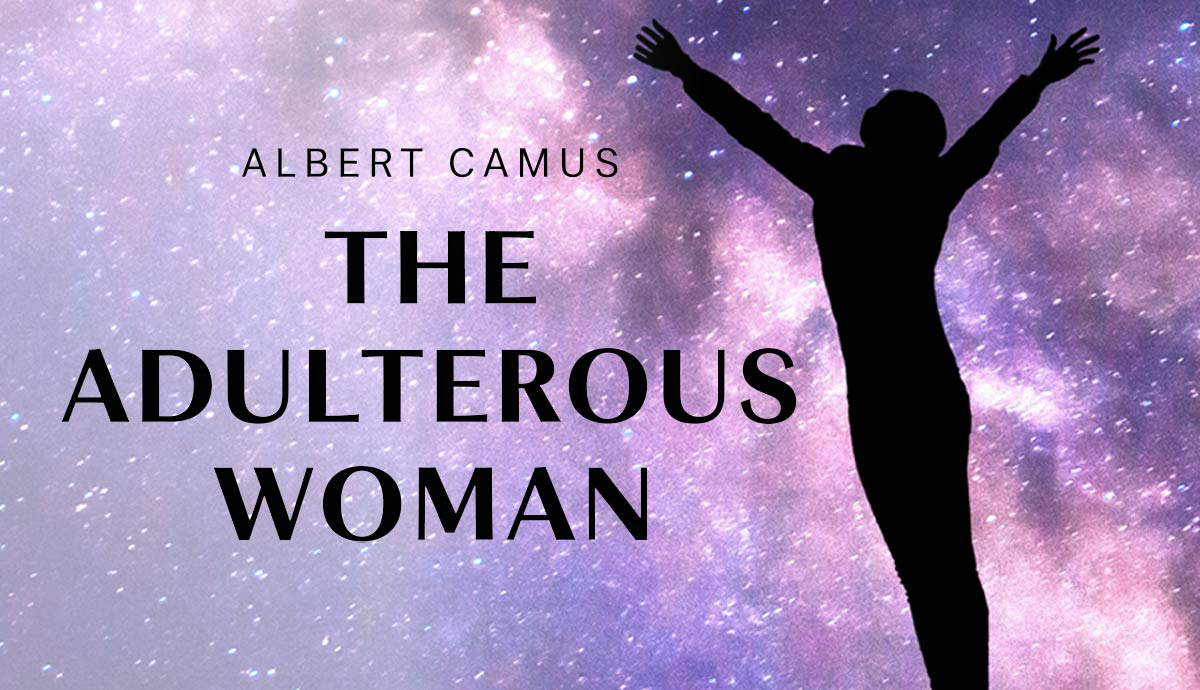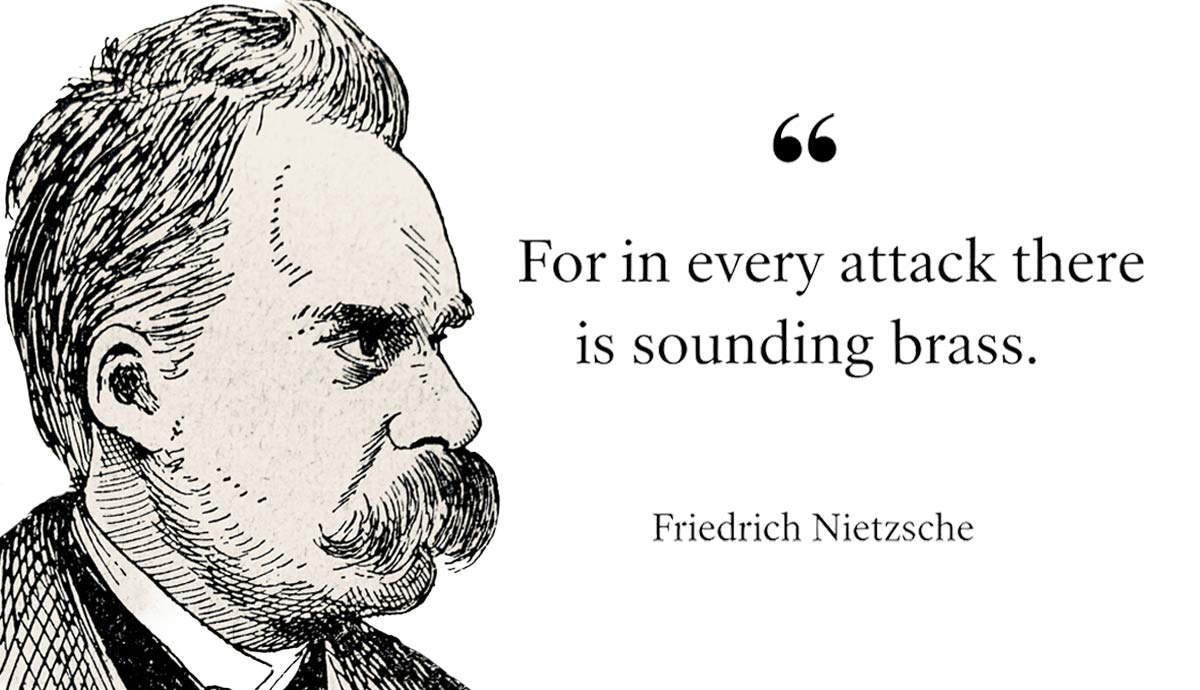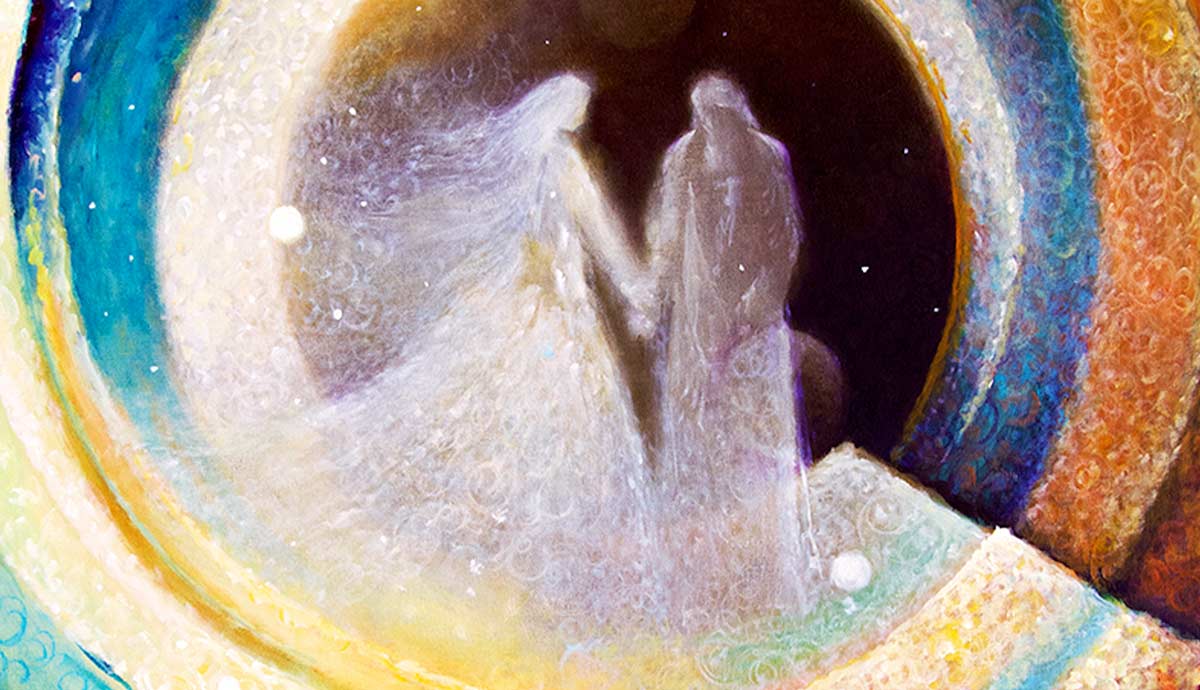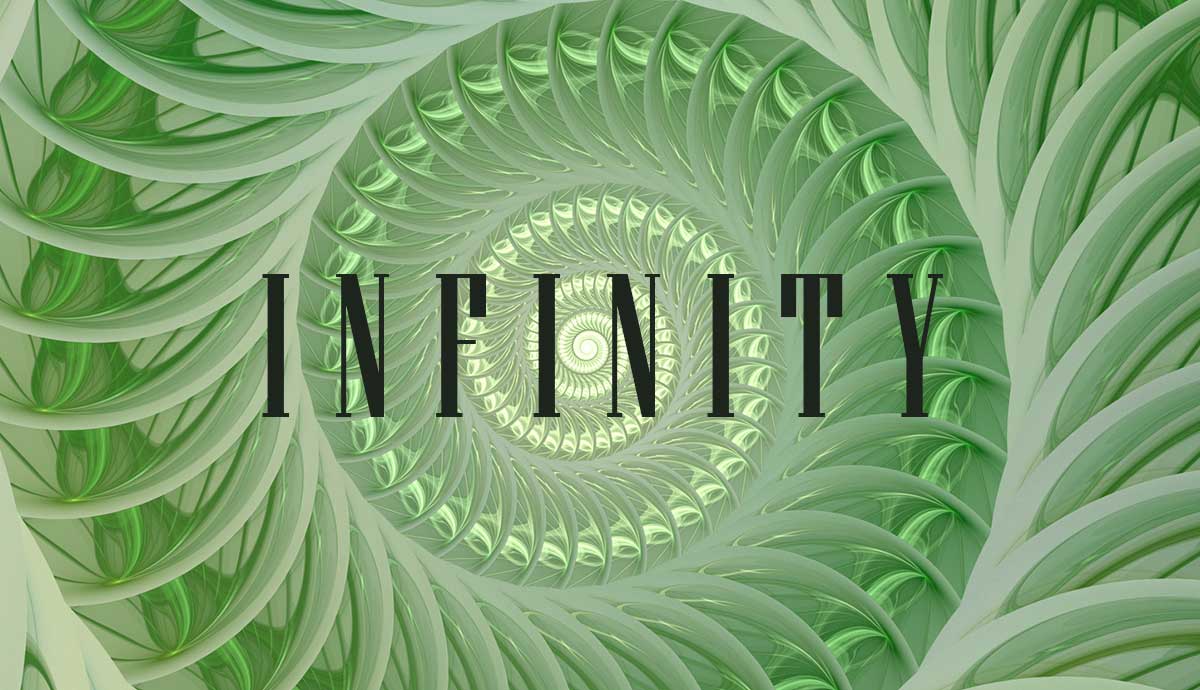
The concept of infinity has fascinated philosophers, mathematicians, and theologians since ancient times. The notion of something endless, unlimited, and boundless challenges how we comprehend the world and raises deep questions about reality and existence itself. Little wonder, then, that this idea has intrigued so many philosophers over the years—or that it continues to provoke discussion about the nature of the universe and where we fit into everything. But what exactly does infinity mean?
Ancient Greek Philosophies of Infinity

Ancient Greek ideas about infinity were interesting to people at the time. They debated and discussed it in ways that still influence us today. But what did they mean by “infinity”?
One of the earliest Greek philosophers, Anaximander, said the universe itself was boundless or “infinite.” There was something unlimited (which he called Apeiron) that went beyond what we can see. He suggested that things constantly come from this boundless realm into our world and then are destroyed or go out of existence here before returning again—like a cosmic recycling system.
Meanwhile, Pythagoras had a different take. He thought about infinity in maths – especially when considering irrational numbers that don’t end or repeat (think decimal places!). Thinking of never-ending decimals would have been mind-blowing, so Pythagoras may have blown a few minds.
Later, Aristotle broke down how we understand infinity into two types: potential infinity and actual infinity. According to Aristotle, potential infinities could go on forever but haven’t yet (like counting). At the same time, actual infinities have no end point already (he struggled with this idea conceptually).
What’s more, Zeno of Elea—one of Plato’s students—came up with some paradoxes that seemed to show motion and lots of things existing simultaneously were impossible if there really was such a thing as “actual infinity.” These paradoxes were mind-bending puzzles about space, time, and dividing things up. It made people wonder if infinity was something clever we’d thought up rather than anything that existed in the real world.
Both these ideas helped inspire even more deep thinking by mathematicians and philosophers later on. They also make you ask yourself how much human beings can actually figure out about everything that’s out there – whatever it might be.
Medieval and Scholastic Interpretations

During the Middle Ages, people explored theology to understand infinity. Scholars connected this idea with Scholasticism, including great thinkers such as Thomas Aquinas. Aquinas looked at infinity mainly through exploring divine attributes. He believed that goodness, power, and knowledge are infinite parts of God’s nature.
However, Aquinas also thought there is a clear difference between infinite things—like God—and those that aren’t, which includes everything we can touch or see. According to Aquinas, even though the universe is big and amazing, it doesn’t have infiniteness in its essence.
Aquinas’ ideas helped explain how a never-ending God could create a limited world. They showed medieval Christians that one could believe both things at once without contradiction.
By using logical thinking combined with debate about religion (Scholasticism), thinkers during this time tried their hardest for centuries afterward not only Christianity but what existence itself meant, along with if there might be other beings like us.
Islamic philosophers like Al-Ghazali made medieval Scholastic views richer. Al-Ghazali’s ideas about an infinite creator and his criticisms of pre-eternity were provocative to Western thinkers and prompted them to think deeply. Al-Ghazali often wrote that people cannot use reason to fully understand infinite things. He said this both about Allah and about the universe itself.
By having these conversations—even if they didn’t happen face-to-face—with Muslim writers, Christian scholars could grapple with the idea of infinity in the abstract and develop a narrative that placed it at the heart of human existence and spiritual experience.
The Rationalists and Infinity

The Rationalist thinkers had new things to say about infinity. They connected it closely with both God and how reality is structured by thinking hard and using reason alone.
One important person here was René Descartes. He coined the term “infinite substance,” which he said only applied to God because only God is truly infinite. Descartes also argued that we know this automatically because we’re born with the idea of God already in our minds. It’s natural for us to think that there could be a being who goes on forever.
Baruch Spinoza developed these ideas further. He suggested that only God has infinite attributes (each one of which expresses an aspect of his nature that will never change or run out). In fact, according to Spinoza, everything in existence forms part of this single infinite substance. So, God and the universe are identical (he called this Deus sive Natura: God or nature). This way of looking at things was quite new. It meant seeing divinity everywhere rather than just in heaven above.
Meanwhile, Gottfried Wilhelm Leibniz put forward the idea of monads – indivisible, unique building blocks of everything that exists. According to Leibniz, these monads all reflect the entire universe but do so in perfect harmony because God Himself arranged them. He also came up with a distinction between potential and actual infinities: we humans deal with potentials (such as when we go on counting forever) while only God can fully experience an actual infinity.
For these philosophers, infinity wasn’t just some mathematical concept explored by clever thinkers. They made it part of their metaphysics. And crucially, they tied infinity inextricably to ideas about how perfect and everywhere God is.
Infinity in the Age of Enlightenment

In the Age of Enlightenment, people began thinking about infinity in new ways. Instead of seeing it only as a religious idea, they started considering it scientifically and philosophically, too.
Immanuel Kant came up with something called “antinomies of pure reason.” These contradictions happen when we use our minds to go beyond what our senses tell us (which is what reason does). Kant said that there are logical problems both with thinking of the universe as finite and with thinking it’s infinite.
For example, if we say the universe must end somewhere, then what lies beyond that? But how can our brains get around endlessness if we say it goes on forever? Kant believed these kinds of questions show there are limits to human logic: we cannot fully understand infinity because it is not something our senses can perceive.
So, rather than being a fact grounded in experience (what he called “empirical reality”). Kant thought of infinity as more like an idea we have invented that helps us make sense of the universe.
This era also experienced a more extensive modification as intellectuals progressively took on numerical and scientific structures to grasp infinity. Calculus, invented by Newton and Leibniz, provides an instance of this. It involves infinitesimals—quantities so tiny they get ever closer to zero without actually reaching it—to solve problems about continuous change.
By making these advancements, the Enlightenment helped move the concept of infinity beyond metaphysics alone. Thinkers came to see it as vital for anyone working in math or science.
Modern Philosophical Explorations

In the modern era, philosophical explorations of infinity diverged notably from classical metaphysical discussions, embracing existential and phenomenological approaches. Thinkers like Jean-Paul Sartre and Edmund Husserl shifted the focus from infinity as a theoretical concept to its implications in human experience and consciousness.
Jean-Paul Sartre, a prominent existentialist, approached infinity through the lens of human freedom and the boundlessness of choice. Sartre argued that humans are condemned to be free, meaning that the vastness of possibilities and the absence of predetermined essence thrust upon us an infinite responsibility for our actions. This existential infinity highlights the endless potentialities that shape our being and our perpetual project of self-creation.
In the modern era, discussions about infinity in philosophy have moved away from classical metaphysics. Instead, there has been a focus on what infinity means for individuals’ lives (existentialism) or how we experience it (phenomenology).
Jean-Paul Sartre was a leading existentialist thinker who considered the idea of infinity in terms of freedom: the fact that we can always make new choices and are not limited by anything. Sartre said people are “condemned to be free” because when everything is possible for you, then you are responsible for everything you do. This aspect of infinity looks at how endless possibilities shape who we are and how we constantly create ourselves.
Edmund Husserl, the founder of phenomenology, approached infinity by examining the endless horizons of human consciousness. According to Husserl, consciousness always has an object—intentionality—and this directedness continues indefinitely as we have new experiences and insights. This idea implies that subjective experience can be infinitely profound: there is always more to understand and reflect upon in how we perceive things.
Emmanuel Levinas, a notable philosopher, introduced the concept of infinite responsibility towards the Other. For Levinas, our ethical connection with others requires us to respond infinitely—an endless duty that goes beyond understanding or computation. This perspective starkly contrasts classical metaphysical thought because it roots infinity not in abstract theorizing but in how we relate ethically to one another.
Contemporary Views on Infinity

In today’s world, infinity is not just a topic for philosophers to ponder. It comes up in math and logic, too, where people like Hilary Putnam have used the idea of endless mathematical structures to consider issues in the philosophy of mathematics and philosophy of mind.
Infinity also plays a role in two branches of modern physics: cosmology, which deals with the biggest questions about the universe and our place in it, and quantum physics, which explores fundamental aspects of reality.
When cosmologists consider how vast the cosmos might be, for instance, some ideas they work with have nearly infinite dimensions—or suggest there are infinite universes besides our own.
In quantum physics, infinities crop up all over the place. They are used to calculate how likely particles are to interact during a reaction or describe the spooky connections between infinitely many parts of what seems like empty space.
Technology also explores the concept of infinity through its exploration of “infinite computational possibilities.” One example of this is the development of quantum computing. It uses principles such as superposition and entanglement to perform potentially infinite calculations at the same time. So, it could dramatically increase both what computers are capable of and how they might be used.
These modern encounters with infinity present it not just as something abstract or philosophical but rather as a lively force helping to drive scientific investigation and technological innovation.
So, What Is the Concept of Infinity?

As we delve into different philosophical perspectives on infinity, we’ve gone from the thoughts about it that ancient Greeks had to how modern science and technology intersect with this idea.
We’re learning that infinity isn’t just something interesting to mathematicians. It also comes up a lot in philosophy because it makes us wonder if there are things we can’t understand or even imagine just because they’re so big or weird.
We’ve looked at Aristotle’s idea of potential infinities. For example, if you can always keep cutting things in half, where does that end? Or does it ever end? Levinas suggests that infinity means there might always be more we could do to help others – infinite responsibility.
The Scholastics debated whether infinity exists in reality or is just a concept we use in math. Now, computers are giving us new ways to think about infinity: If there’s infinite computational power, what kinds of questions can’t be answered?
Put simply, when we consider infinity, we must rethink what we thought was possible. This exploration changes how we do philosophy and science and how we think about ethics and existence.
